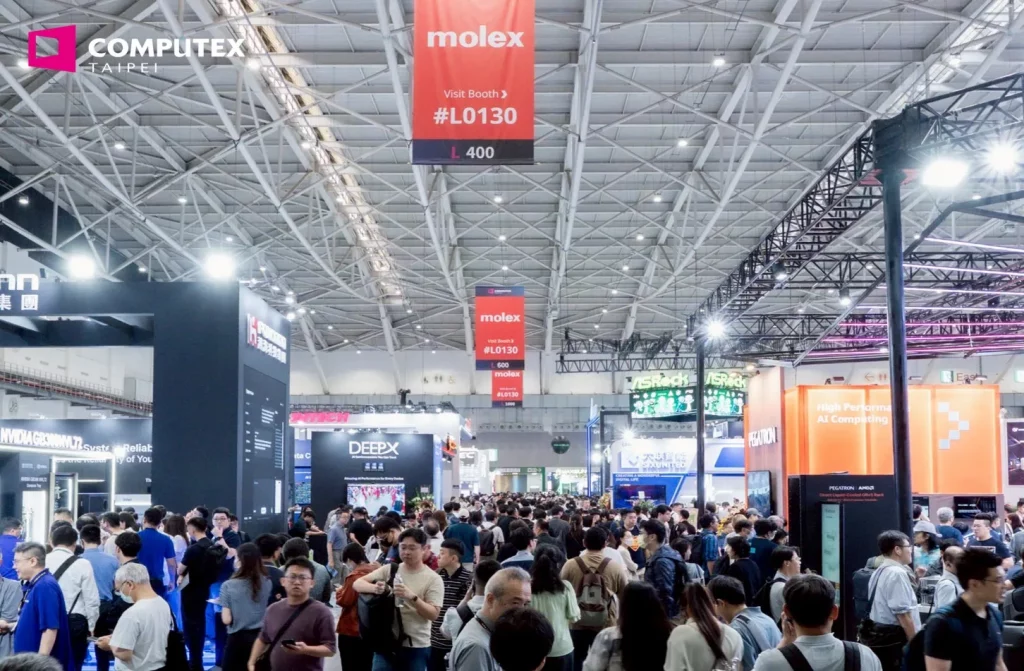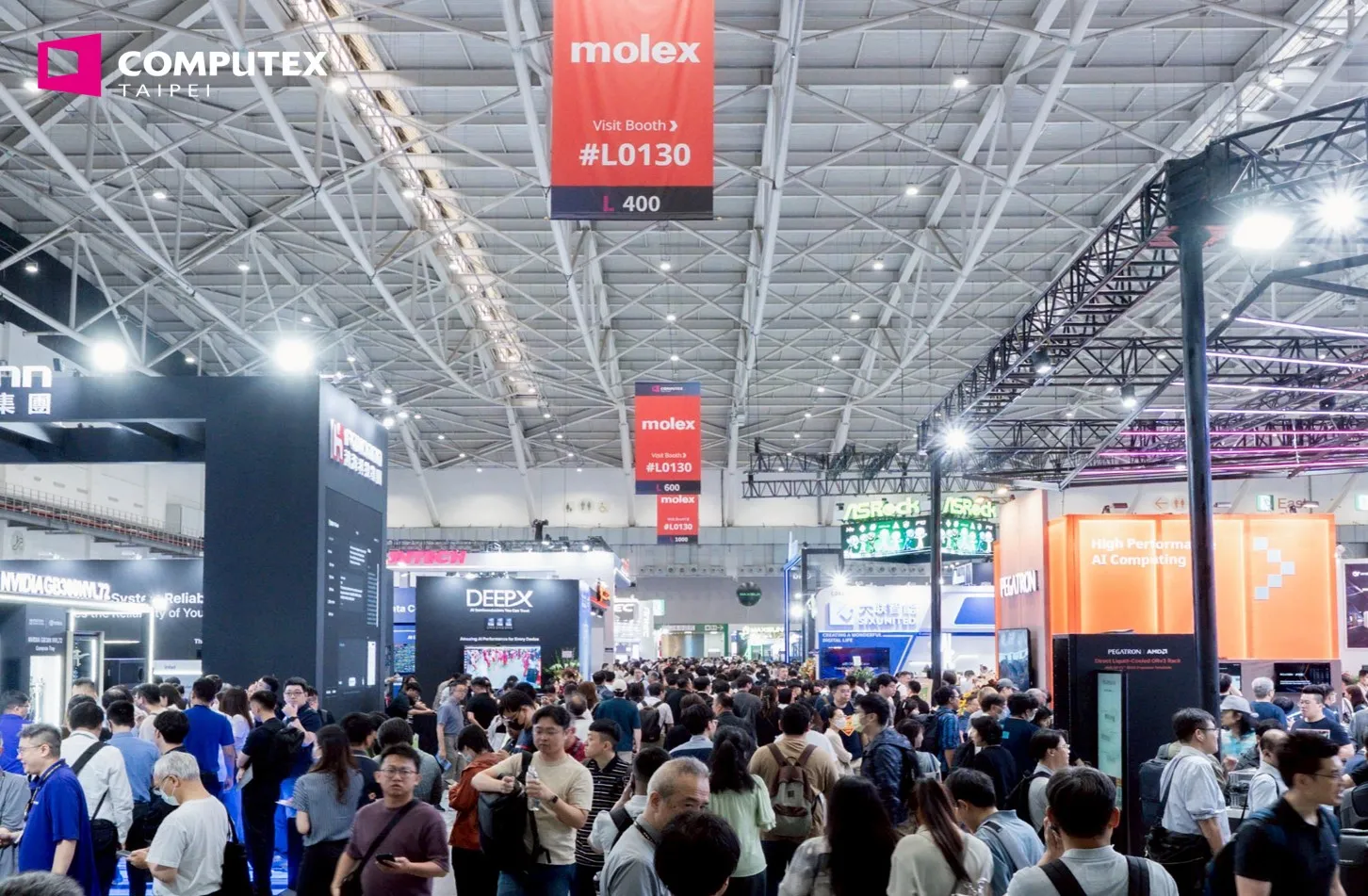COMPUTEX 2025 just wrapped up, and it really made waves. Over four days, more than 86,000 buyers from 152 different countries poured into Taipei for the event, including big delegations from places like the US, Japan, South Korea, Vietnam, and India.
 This year’s theme, “AI Next,” pulled a lot of attention as it became clear that AI isn’t just a buzzword anymore—it’s starting to reshape industries in very real ways. Taiwan’s position as a major global tech player was hard to miss throughout the event.
This year’s theme, “AI Next,” pulled a lot of attention as it became clear that AI isn’t just a buzzword anymore—it’s starting to reshape industries in very real ways. Taiwan’s position as a major global tech player was hard to miss throughout the event.
What was especially interesting was how closely the show aligned with Gartner’s predictions for tech in 2025. Trends like Autonomous AI, Humanoid Robots, and high-performance computing weren’t just theoretical—they were on display. COMPUTEX spotlighted three major areas: AI & Robotics, Next-Gen Technologies, and Future Mobility, giving visitors a look at what’s coming next in both innovation and everyday tech use.
Pegatron, for example, wowed the crowd with lifelike robot dogs and immersive VR setups that focused on how machines and humans interact. BenQ had people lining up to try their AI-enhanced golf simulator, which used motion detection and visual analysis to give players live feedback. Advantech and Solomon focused on manufacturing, showing off smart factories with AI-integrated robotics and automation systems that reflect Taiwan’s growing strength in industrial tech.
Mobility also had a strong showing with TADA organized a Smart Mobility Pavilion that included 19 brands like OToBrite and System Electronics, all pushing forward with innovations in EVs and intelligent driving systems.
On the startup side, this year marked the 10th anniversary of InnoVEX, and it was bigger than ever. There were 450 startups from 24 countries, and for the first time, Thailand and the Philippines brought national pavilions—definitely a sign that Southeast Asia is making its presence felt. The forum featured major names like AWS, Google Cloud, and NVIDIA, all talking about how AI is fueling digital change.
The startup competition was a highlight, too. Taiwan-based DeepRad.AI came out on top for its AI-powered medical imaging tools that help catch diseases early. The judges praised the team for bringing real-world value to healthcare with a forward-thinking approach.
The keynote lineup was star-studded as usual, with NVIDIA’s Jensen Huang opening things up and was followed by Qualcomm’s Cristiano Amon, Foxconn’s Young Liu, MediaTek’s Rick Tsai, and NXP’s Jens Hinrichsen. Taiwan got a lot of shoutouts during these talks—hardly surprising given its central role in semiconductors and electronics.
Another crowd-puller was the COMPUTEX Forum, which had “AI in Action” as its theme and featured speakers from companies like Adobe, Arm, Intel, and Schneider Electric. More than 1,300 attendees turned out to hear how AI is being used in real business and tech operations.
Sustainability was a key theme too. Pegatron won the top design award for sustainable innovation, followed by ASUS and Lite-On. There were also some fun, unexpected crossovers—like the return of the plain-me and Kuai Kuai collab with limited-edition merch. Plus, the Taiwan Stock Exchange and GQ Taiwan set up a sleek hospitality space that gave the show a polished lifestyle vibe.
And looking ahead, COMPUTEX 2026 is set to expand. With demand running high, organizers are adding TWTC Hall 1 to the usual Nangang Exhibition Halls. Next year’s show, happening from June 2 to 5, promises to go even further in blending AI, tech, and lifestyle into one major global platform.






